Top 12 technologies retailers should invest in
When you look around, you'll see how significant technology plays a part in all industries. Whether in your professional or personal life, you'll most likely be depending on technologies to live conveniently. Businesses worldwide are ensuring to keep up with the many technological advancements.
New technologies emerge regularly, and businesses need to adapt to them strategically. Among the many industries that depend on technology, retail companies need it more than ever to ensure a differentiated shopping experience that attracts customers and guarantees repeat purchases.
Don’t allow your retail business to lag behind those who are aggressive in adapting to new technologies. Here are the top technologies that your retail business should consider to ensure success.
1. Auto-dialers
Retailers need to offer additional services other than their products. It's common for retailers to assemble call centers so that customers can be supported and helped through their concerns.
However, with this technological tool, call center can now operate more efficiently. With an auto-dialer, like Call Cowboy, your business will now have the capacity to dial numbers automatically from the contact list.
An auto-dialer allows a business to dial multiple phone numbers at once, as well as detect whether an incoming call is answered by a real person or an answering machine.
Moreover, busy tones can be seen, and calls can be automatically disconnected. Whether your retail business needs to receive incoming calls or administer a follow-up to your buyer, this technology will serve its purpose.
Whenever a real person answers the phone, a customer service agent will then assist the caller or present them with self-service options. A more complex auto-dialer allows for seamless call transfer between phones with advanced features.
Retail businesses can use an auto-dialer in numerous ways. You can generate leads, improve productivity, and execute marketing campaigns through this tool.
Here are some benefits of this technology:
· Reduces idle time of call agents
Auto-dialers help businesses decrease unproductivity by significantly cutting down on agent idle time. They can use this time to interact with customers instead of spending it on busy, unanswered, or disconnected calls.
Due to this, their revenues increase. Also, auto-dialers, like Drop Cowboy, come with many other features, like ringless voicemails and text marketing software, allowing agents to reach out to customers in various means.
· Discovers high value leads
Companies can increase leads with the help of auto-dialers. Through reduced idle time, they assist call agents and sales teams in engaging prospects and customers effectively. Businesses can also gather customer details using auto dialers' varying self-service options.
· Effective in running campaigns
In addition to marketing, businesses can also use auto-dialers in market research. The technology behind modern auto-dialers is highly advanced. They come with functions that allow you to run marketing campaigns, as well as discover their efficacy and progress levels simultaneously.
· Detects null contacts
Complex auto-dialing solutions can detect unproductive phone numbers. A business can also integrate its dialer with a customer relationship management system, making this tool an overall must-product for marketing purposes.
2. Chatbots
Chatbots are one example of artificial intelligence at its best. Well, robots aren’t an entirely new technology in the retail sector, but they’re currently used for many tasks, especially in manufacturing. You can expect to see more advanced; autonomous robots become mainstream soon.
Primarily, chatbots are now increasingly used by e-commerce and physical stores in terms of accommodating online and chat inquiries.
Aside from answering inquiries and providing support, chatbots can also send out promotional information to customers on their contact list. A retail chatbot enables customers to experience exceptional service at scale.
Companies with a chatbot can gain loyal customers much faster than those who constantly rely on conventional methods. The primary reason why people love communicating with chatbots is that they offer real-time support and reply faster than human agents.
3. Livestreaming
A valuable aspect of shopping is in-person interaction, and the power to personally look at the products. However, due to physical restrictions and limitations due to the pandemic, many stores can't open their brick-and-mortar shops. This diverts their strategies into using livestreaming technologies instead.
With ecommerce, anyone can acquire the products they want in just a few clicks. However, although digital customers want quality products, they also want companies they can relate to. With livestreaming, customers can connect to the staff or people working in your company.
Although they might not physically interact together, they'll be able to experience an almost actual shopping. Real-time livestreaming provides companies with the opportunity to demonstrate how products work, advertise and launch new products, as well as answer inquiries and questions from customers.
4. Subscription technologies
The use of subscriptions for products and services has become increasingly common. This is another technology that has boomed quite recently. People often choose subscriptions because they're convenient, cost-effective, and offer a personalised experience.
If customers desire curated products, want re-orders of commodities, or are willing to pay for exclusive access, subscriptions provide an ideal opportunity for a business to build loyal customers and earn a steady rate of income.
Innovative technologies will support subscription services as they grow. You can expect to find more tools for supporting transactions with subscription services.
As the year progresses, more and more brands will utilize these solutions, and other e-commerce platforms will also start introducing subscription-based services. Stay up to date by using these types of technologies for your retail business, too. '
5. Cashier-less payments
Human touch can be minimized as much as possible by utilizing touchless practices. Some retailers have already equipped their stores with cashier-less checkouts. Customers can pick up items using this technology by downloading an app and scanning them.
As soon as the customer has completed their shopping, their registered card can be charged immediately. Many buyers prefer this method due to advantages like saving time waiting in line or having a more convenient retail experience.
6. Real-time product recommendations
Data collected by retailers, particularly those with web shopping capabilities or consumer mobile apps, can profile and segment consumers.
This technology allows your business to provide real-time product recommendations. A variety of information are examined here, including in-store activities, shopping habits, and recent purchases.
Retailers can use such data to offer customers highly personalised, AI driven offers, helping build loyalty. This tool works in a way that retailers can suggest products buyers are likely to shop for, depending on the data they've gathered from previous transactions.
Up to this day, large retail shops have been using this effective tool.
7. QR codes
The use of QR codes is predicted to surge in the coming years. Contactless tech and QR codes will bring people into the future. This means you need to stay ahead of the game by incorporating them into your retail business as early as now.
The benefits of QR codes to retailers lie in their versatility and their enhancement of customers' overall shopping experiences, while collecting data on their behavior.
Based on a customer's last interaction with the retailer, a QR code can provide customized product recommendations. Another use of QR codes is to conveniently lead your customers to the specific page on your site that they need to see.
8. Augmented reality
The online shopping experience removes the physical element of shopping in an actual store, so companies must provide consumers with an opportunity to visualise and use products before they commit to purchasing them.
Since the limitations of physically visiting stores recently, many businesses depend on augmented reality to allow customers to have a glimpse of their products and other offerings. Consumers are more likely to buy products when they can experience them holistically with augmented reality or AR.
As retailers implement AR technologies, they’ll be able to simulate the physical shopping experience as closely as possible, thereby increasing conversions and reducing returns. AR with 3D interfaces gives customers a realistic shopping experience.
Retailers can use AR to tell a product's story in an immersive way by providing the shopper with in-depth information about it. The site uses the user's web browser, rather than an app, to deliver a seamless digital experience.
Furthermore, with AR, clients can better decide which products to choose. They can better understand how products sourced and manufactured, and how they participate in the supply chain. This transparency offers more value to the clients, resulting in trust and patronage.
9. Retail inventory management
Managing retail inventories means keeping the right amount of merchandise on hand - not too little, not too much. It's vital as a retail business to manage lists wisely.
It would help if you consider demands, while ensuring you have enough supplies and stocks. However, you also need to avoid overstocking because it’ll lead to shrinkage or spoilage over time.
Taking inventory management seriously has the effect of lowering retail costs and improving sales patterns. This practice helps retailers increase profits by managing their inventory. Using inventory management tools will benefit almost all retail businesses.
This is another technology that your business should consider investing in.
To move forward with your decision, here are some more benefits of this technology:
· Cost-effective inventory management
· Increases profits
· Ensures no deterioration and no spoilage
· Easier management of supply chains
· Provides better customer service
· Increases forecast accuracy
10. Automation
With the rampant use of automation in many businesses, your retail business should also adopt the same technology. The key to business success isn’t clinging to conventional and outdated methods. Instead, speed, efficiency, and agility are more crucial. This is what automation does.
Business owners should be prepared for the rise of artificial intelligence (AI) as its benefits are wide-reaching in the retail space. Businesses and customers benefit from AI by making the shopping experience more convenient.
AI provides support without hassles. Your customers can access directories and information about your company without contacting a person in charge.
AI can also allow customers to check your inventory of stocks, so returns and refunds can be prevented. Needless to say, AI can do a lot of things for your retail business.
11. Autonomous delivery robots
Robots will be a part of people's everyday lives in the near future, which many experts or scientists have predicted. Those visions have never really come to pass. At least in the retail sector, that may soon change.
Autonomous delivery robots refer to robotic assistants who can support your customers as they physically navigate your retail shop. They’re equipped with information that customers might need.
When they don't know the answers, these robots can show videos or even start a call with a human staff member for further assistance. Imagine how this added value of service can make your customers have a much better experience.
Supply chain robots can also be used to locate misplaced goods, check inventory, identify pricing errors, and detect problems with pricing. Using the data they gather, store layouts and processes can be optimised to improve the customer experience.
12. Voice commerce
Voice commerce is another advanced technology tool that you can invest in for your business. With so many people using voice assistants on their smartphones, the technology is now starting to spread to other devices.
Today, you can see this technology being used by many households worldwide. Mostly of activities such as purchasing products, researching prices, and comparing features are now all done through AI speakers.
Incorporating this tool into your retail business also contributes to a more efficient shopping experience for your buyers.
Conclusion
A long-term investment in these emerging technologies is worthwhile, especially if one or more is essential to prevent a company from going out of business. You must stay as adaptive and current as possible, so you'll remain competitive in your industry.
Shoppers need to pay attention to the top technological trends to be well-prepared for what lies ahead in the rest of 2021 and beyond.
Consumers are avoiding crowds and visiting bricks and mortar stores for now, which means retailers must create advanced strategies to make physical retail environments more appealing in the future, as well as strengthen their digital footprints, so they can still offer convenience to their clients even in the absence of a physical store.
Always remember that consumers don't want anything less than the very best shopping experience, whether they buy online or in-store.




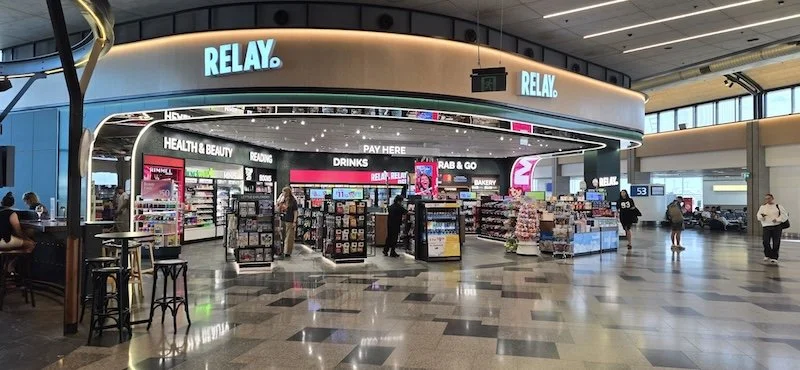
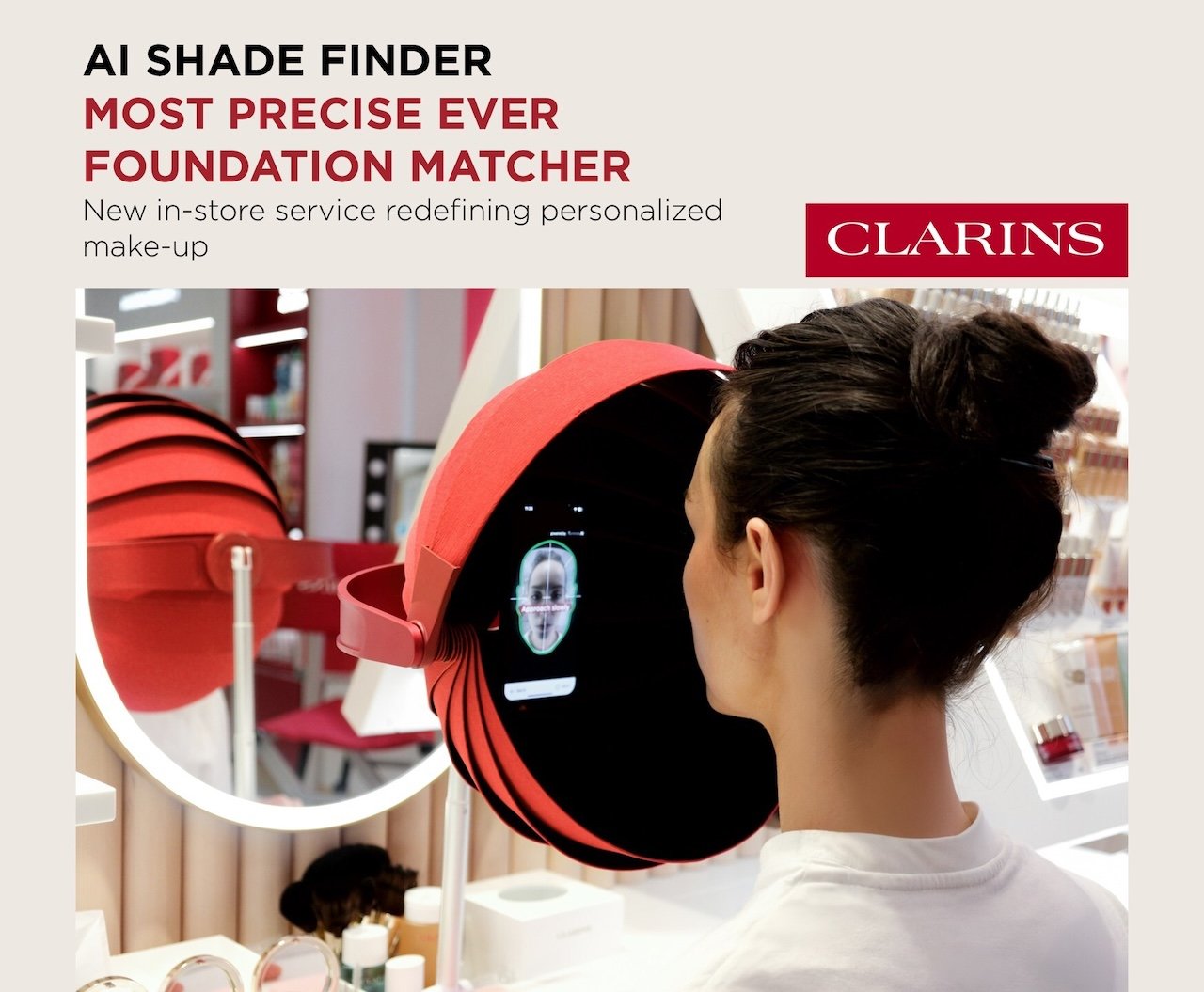
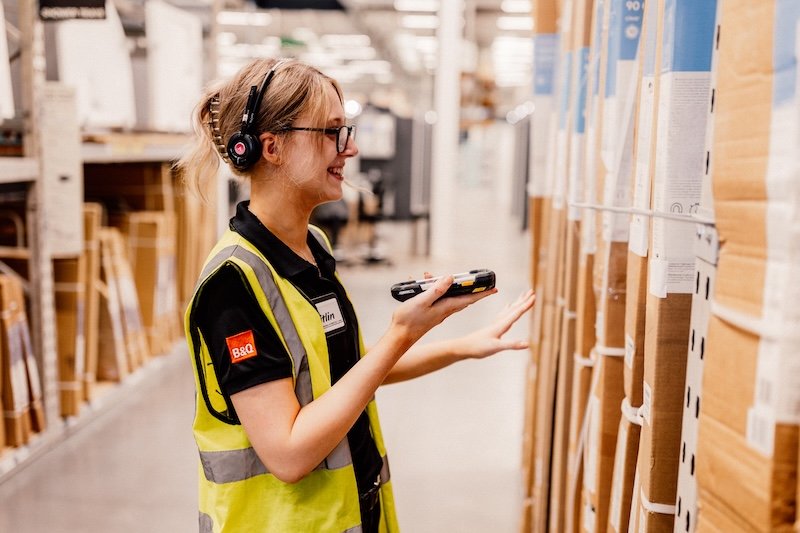
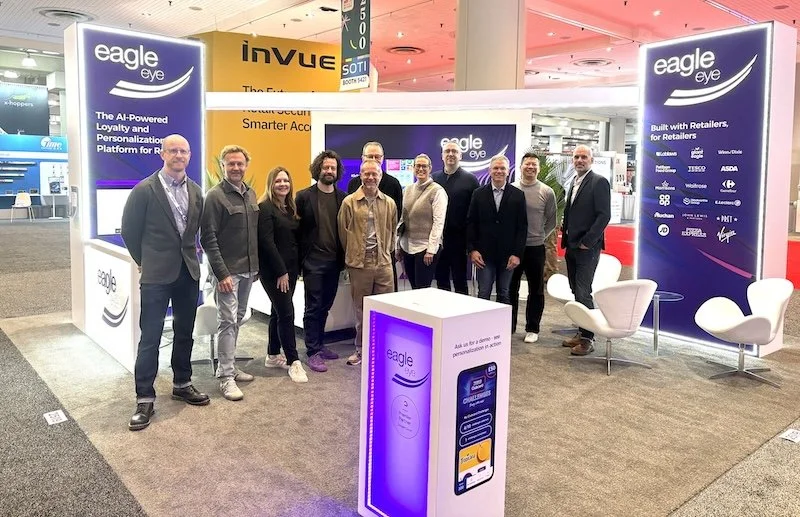
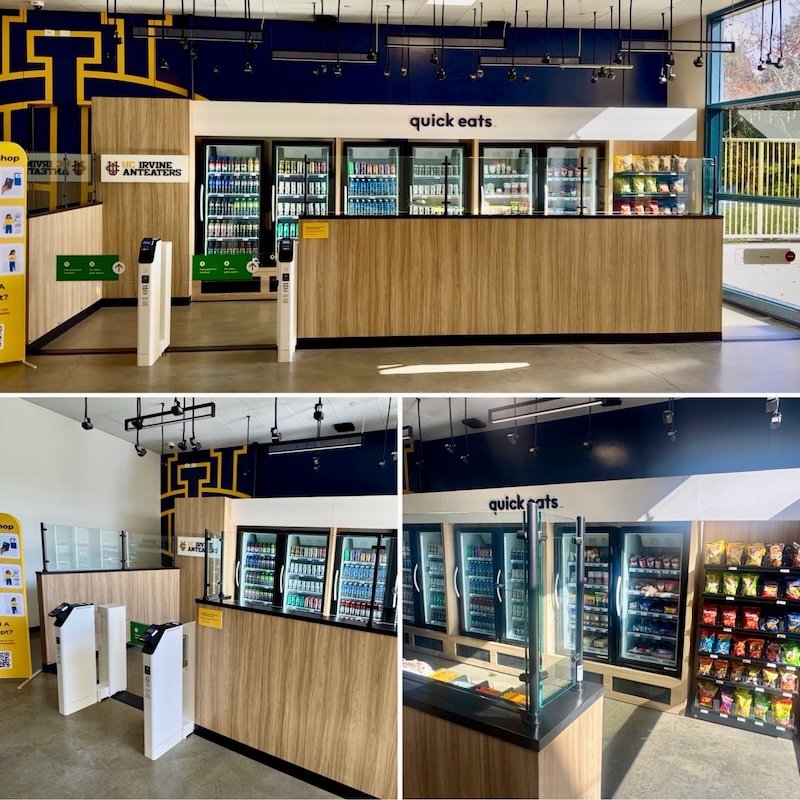


Continue reading…